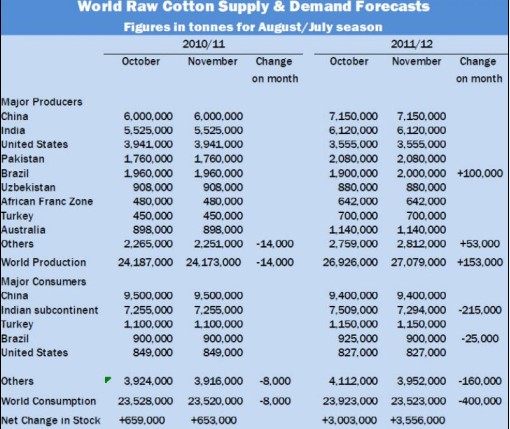|
※I could not make a living as a farmer, so I came here 每 but doing this business I can only cover my living costs,§ he says, gesturing at the front room of his home in a grim village on the outskirts of Zhili, where seven of his relatives hunch over sewing machines for 12 hours a day, making cheap clothes for the domestic market. The Chinese Communist party*s vision for the country*s manufacturing industry does not include workshops such as this one: China*s leaders want the country to stop making shoddy junk and start inventing things. But Mr Song, at 46, is too old, poor and uneducated to climb the value chain laid out by the economic planners. He and his neighbours are stuck in an older China, where margins are so thin 每 squeezed by rising costs and falling orders 每 that financial survival itself is in question. Last month, the local government pushed them too far, doubling the Rmb300 tax they must pay on every sewing machine. That tax has risen sixfold in two years. Some residents suspect the government wants to use the tax to drive family workshops out of business because larger factories are running short on labour and need the home entrepreneurs to work for them. Others think the tax collectors had planned to pocket the rise because they refused to give a receipt for it. Either way, the tax rise enraged residents, who rioted for days before local government backed down, abandoning the planned rise. Similar protests across the country, most recently in the southern Chinese village of Wukan, have spread as the economy has slowed, underlining the economic hardship that people face in some of these areas. Rescinding the tax in Zhili does little to solve Mr Song*s problem 每 his rent has nearly doubled in two years. Meanwhile, demand for the tacky winter jackets he makes has slumped because of inflation, unseasonably mild weather and a possibl e economic slowdown. When Mr Song returns to his native Henan province in January, he will be looking for a cheaper place to do business. ※Business, what business?§ he asks sardonically. The Henan native came to Zhili because he heard he could make a good living there. Others have gone before him 每 Beijing*s deliberate dislocation of the Chinese economy, coupled with the effects of the global financial crisis, have unleashed successive waves of economic migration both into and out of Zhili. After the financial crisis hit China*s export sector in 2008, more than 1,000 manufacturers of children*s wear moved from the export hubs of Guangdong and Fujian provinces, to make clothes for the domestic market in Zhili. The township boomed on the back of surging domestic retail sales, sucking in migrants from neighbouring Anhui province. But the competition boosted rents and labour costs, forcing a wave of reverse migration. Zhang Xiaobo of the International Food Policy Research Institute, who has studied the local economy of Zhili, sees this as part of the natural order of economic maturation in China. ※The future of these family workshops is that they will move to Anhui§, where local government is offering tax and other incentives ※and Zhili will be the logistics centre§, he says. Meanwhile, Zhili*s larger factories will move upmarket. Guo Hong says she is investing in innovation to take her company, the Huzhou East Knit Dress Co, up the value chain. So far that seems to entail buying subscriptions to Korean and European fashion magazines, and copying their designs. But with Chinese consumers becoming ever more demanding, she has no alternative but to beef up research and development. ※If your products are good, they will sell. If not they will not,§ she says. As the Chinese economy matures, it will need both Mr Song and Ms Guo 每 but not necessarily in the same place. China, the workshop of the world, is on the move 每 and the stresses and strains of that migration are likely to get worse before they get better. |
|
China*s workshops struggle to keep pace
Updated: 2011-12-27 Source: ITCE

Recommended News
Photo Gallery
Most Popular



